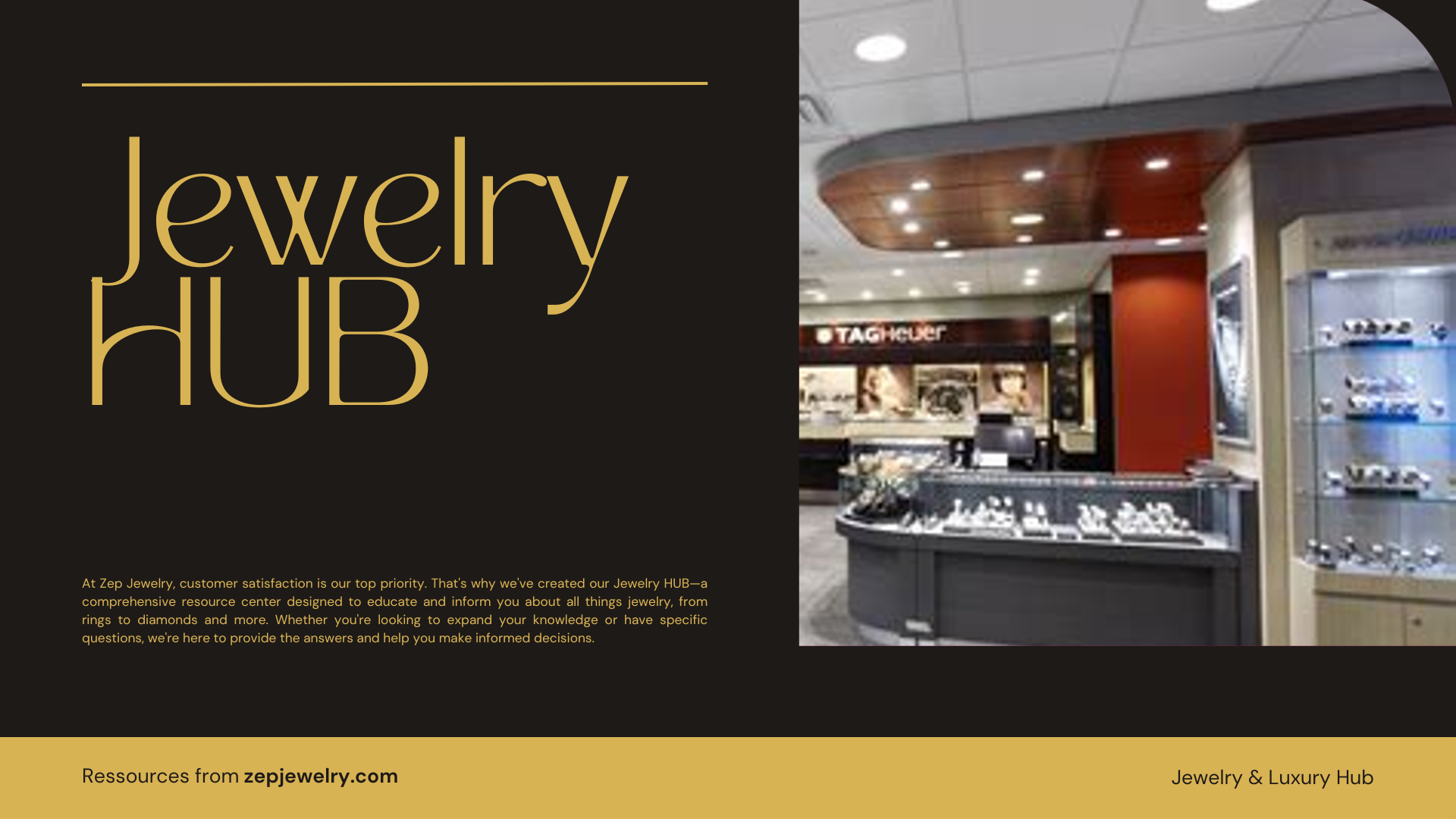What if a simple necklace could tell you a story that spans generations? Jewelry stores are not just sparkling showrooms; they are intricate tapestries of human connection, emotion, and commerce. At their core, these retail havens do more than showcase stunning designs; they serve as the vital link between buyers enchanted by new acquisitions and sellers eager to part with cherished heirlooms. Here, the dance of buying and selling creates a vibrant atmosphere where memories can be rekindled, and new tales can begin, transforming mere transactions into meaningful exchanges.
What are the core functions of a jewelry store?
A jewelry store serves as a vibrant retail hub where customers can explore and purchase a dazzling array of jewelry and watches. However, the core functions of these stores extend far beyond just sales.
At their essence, jewelry stores not only facilitate the buying process but also provide a marketplace for individuals looking to sell their treasured items. This dual role creates a dynamic environment where value can be realized both through the purchase of new pieces and the sale of pre-owned items.
In addition to buying and selling, many jewelry stores offer a wide variety of services that cater to the diverse needs of customers. For instance, jewelry repairs are common; skilled jewelers can mend broken chains or replace worn-out clasps, ensuring that cherished pieces can continue to be worn and appreciated. Custom design services allow customers to create one-of-a-kind pieces, tailoring designs to personal tastes and styles. This can include anything from redesigning an heirloom into a modern piece to crafting unique engagement rings that reflect a couple’s love story.
Furthermore, some stores engage in remolding, which involves taking old or unused jewelry and transforming it into stunning new creations. This service not only revitalizes treasured belongings but also aligns with eco-conscious trends by minimizing waste and repurposing materials.
Whether you’re looking to buy a timeless piece, sell an item of sentimental value, or find professional assistance with jewelry repair or design, a jewelry store is truly a versatile destination. The blend of retail and service offerings enhances the shopping experience, allowing customers to engage with jewelry in meaningful and personalized ways.
How do jewelry stores differentiate themselves from jeweler’s shops?
While both jewelry stores and jeweler’s shops share the primary function of selling jewelry, they tend to differ in scale and service offerings. Jewelry stores are often larger retail establishments that stock a wide variety of products from different brands. In contrast, jeweler’s shops may focus more on personalized service and custom creations, emphasizing handcrafted jewelry. Understanding these distinctions helps consumers choose the right environment for their specific jewelry needs.
What factors should customers consider when selecting a jewelry store?
When choosing a jewelry store, customers should evaluate several factors to ensure a positive experience. First, the reputation and reviews of the store can provide insight into customer service quality and product availability. Additionally, the range of services offered, such as custom design or repair, availability of certified products, and pricing transparency are crucial elements. Lastly, the overall ambiance and comfort level of the store can influence a customer’s purchasing decision.
What trends are shaping the jewelry store experience today?
The jewelry store experience is increasingly shaped by technological advancements and evolving consumer preferences. Customer experiences are being enhanced through virtual try-on technology and personalized online shopping. Sustainability has also become a significant trend, with many stores emphasizing ethically sourced materials and eco-friendly practices in their inventory. These trends not only change how consumers shop but also how jewelry stores position themselves in an increasingly competitive market.
How can customers assess the value of jewelry in a store?
To assess the value of jewelry, customers should consider several critical factors. Understanding the jewelry’s materials is essential—precious metals like gold and platinum and gemstones such as diamonds and sapphires carry intrinsic value. Customers should also look for certifications from reputable grading organizations, particularly for gemstones, as these can significantly influence value. Additionally, comparisons of similar items in the market can provide a baseline for expected value.
What are the benefits of shopping at a local jewelry store versus an online retailer?
Shopping at a local jewelry store offers several advantages over online retailers. Customers benefit from the tactile experience of examining the jewelry firsthand, which can influence buying decisions. Local stores often provide personalized service, allowing for tailored advice and immediate assistance. Relationships with local jewelers can foster trust and loyalty, leading to potential perks like customization options and after-purchase services that online retailers may not offer.
